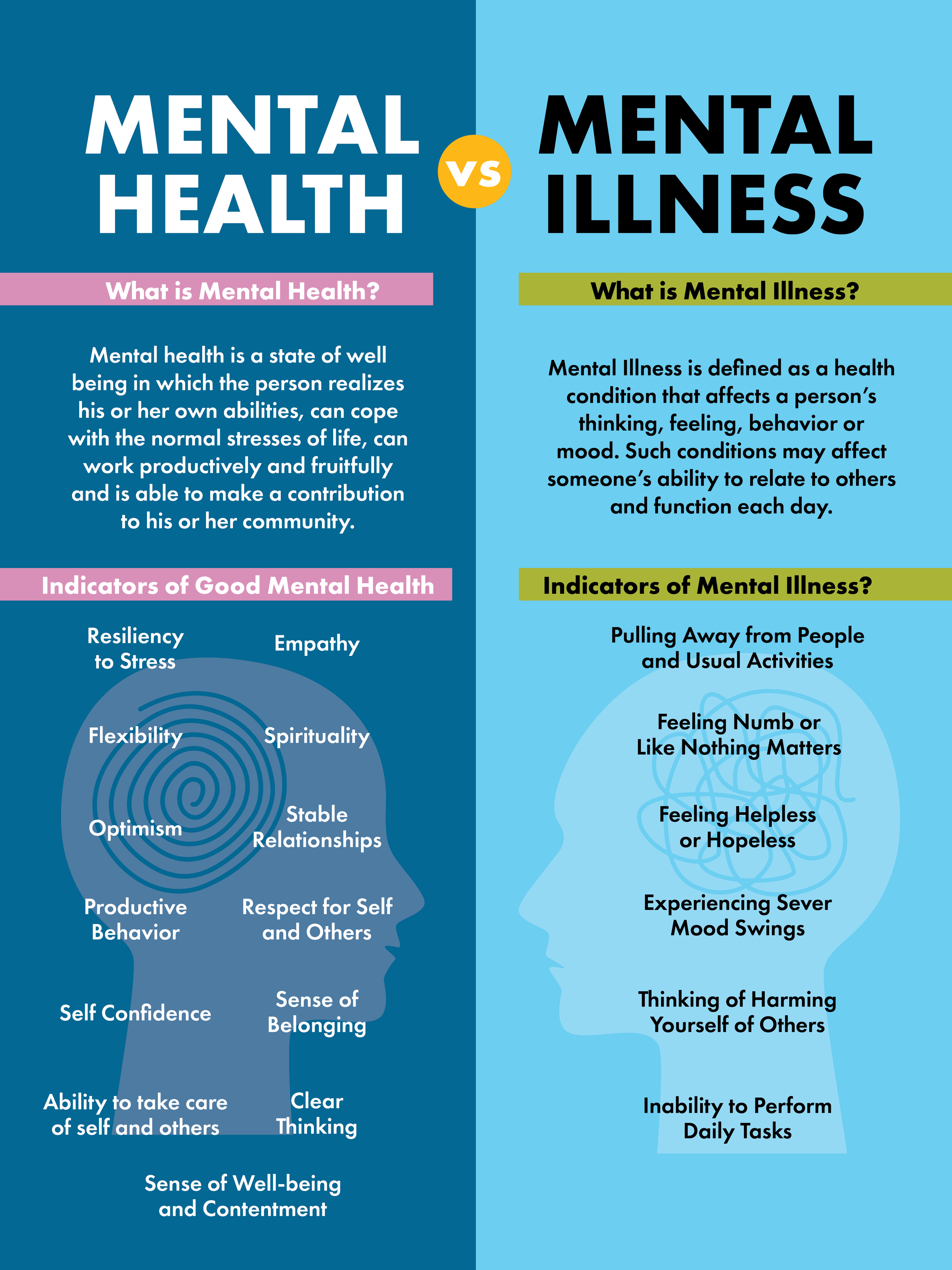Achieving Stability with Specialized Inpatient Mental Health Treatment
Achieving Stability with Specialized Inpatient Mental Health Treatment
Blog Article
Inpatient Mental Health Services: A Path to Healing and Stability
Inpatient mental health services play an important role in attending to acute psychological crises, supplying a very carefully organized setting that cultivates recovery and security. The intricacies of the admission process and the significance of aftercare raise vital concerns regarding ease of access and efficacy in the more comprehensive context of psychological health and wellness treatment.
Comprehending Inpatient Mental Health Providers
Inpatient psychological health and wellness solutions are necessary for offering structured and extensive care to people experiencing serious psychological distress or mental disease. These solutions generally involve the admission of people to specialized facilities where they receive round-the-clock supervision and assistance from a multidisciplinary team of psychological health and wellness professionals. The primary objective of inpatient care is to maintain clients, guaranteeing their security and dealing with intense signs that may present a risk to themselves or others.
Inpatient programs usually consist of a variety of therapeutic interventions, consisting of individual and team therapy, medication management, and psychoeducation. The structured atmosphere is made to promote healing by supplying a consistent regimen, reducing exterior stressors, and promoting the development of coping methods.
Admission to inpatient services is normally considered when outpatient treatment alternatives have confirmed inadequate or when a person is in crisis. Facilities might vary in terms of their certain emphasis, with some concentrating on particular disorders such as depression, compound, or anxiousness use. Through extensive evaluations and customized treatment plans, inpatient mental health services aim to provide the essential assistance for people to reclaim security and get ready for a shift to much less extensive degrees of treatment.
Benefits of Inpatient Care
The benefits of inpatient treatment are significant, particularly for individuals facing intense mental health and wellness obstacles. Inpatient therapy provides a structured atmosphere that promotes recovery by decreasing interruptions and stress factors associated with day-to-day live. This controlled setup enables patients to focus solely on their psychological health and wellness, facilitating the needed time for healing.
In addition, inpatient treatment offers 24/7 accessibility to medical and restorative support. This constant accessibility ensures that individuals can receive prompt attention throughout crises, which is critical for those experiencing serious episodes - Inpatient Mental Health Facility. The collaborative technique amongst medical personnel, consisting of nurses, psychoanalysts, and therapists, boosts the quality of care and promotes a thorough treatment plan tailored to private demands
In addition, the communal element of inpatient treatment cultivates a feeling of belonging and assistance amongst clients. Group treatment sessions and shared experiences can reduce sensations of isolation, motivating individuals to take part in their recovery proactively.
Moreover, inpatient programs usually offer patients with crucial coping techniques and abilities that can be testing to establish in outpatient settings. By attending to underlying concerns within a supportive framework, inpatient care can lead to more stable outcomes and a smoother transition back to everyday life, ultimately paving the course to continual healing.
Treatment Strategies and Therapies
Various treatment approaches and treatments are used in inpatient psychological health services to resolve the unique demands of each individual. These techniques are designed to help with recovery and advertise psychological stability in an organized setting.

Cognitive Behavioral Treatment (CBT) is a widely used approach, aiding individuals in recognizing and altering unfavorable idea patterns that add to their mental wellness issues - Inpatient Mental Health Program. Dialectical Behavior Therapy (DBT) is another efficient approach, especially for those with borderline individuality disorder, focusing on psychological regulation and social performance
Pharmacotherapy plays an important role in therapy, with psychiatric medicines suggested to manage signs of problems such as anxiousness, schizophrenia, and anxiety. Regular surveillance and changes make certain the effectiveness of these medications while lessening side results.
Team therapy fosters a sense of area and assistance amongst patients, allowing them to share experiences and coping techniques. In addition, holistic therapies, such as art and music therapy, advertise self-expression and psychological recovery.
Inevitably, the mix of these varied healing methods gives a comprehensive therapy strategy customized to every individual's certain requirements, aiming to improve their total health and assist in an effective shift back into daily life.
The Admission Process
Navigating the admission process for psychological health solutions is a vital first step toward recuperation. During this examination, the individual's psychological health background, signs, and immediate needs are thoroughly analyzed.
Once the evaluation is completed, the following action includes reviewing the possible treatment choices. The individual and the treatment group collaboratively pick the most effective strategy, which here are the findings might include inpatient treatment if the scenario is deemed extreme. This is followed by the conclusion of essential paperwork, consisting of insurance policy confirmation and approval kinds, to guarantee that all lawful and economic facets are attended to.
Additionally, family participation might be urged during this phase to offer assistance and collect viewpoints on the person's circumstance. Inevitably, the admission process intends to develop a encouraging and risk-free setting for the person, permitting a smooth transition into inpatient care. By getting involved and recognizing in this procedure, people can take a vital step toward achieving mental health stability and healing.

Aftercare and Ongoing Assistance
After completing an inpatient psychological health program, individuals usually face the important job of transitioning to why not try these out aftercare and ongoing assistance, which are essential for sustained healing. This stage is crucial for reinforcing the abilities and dealing mechanisms found out during the inpatient stay, making sure that individuals continue to proceed in their mental health journey.
Aftercare usually involves a mix of outpatient treatment sessions, support system, and medicine management. Engaging in routine therapy enables individuals to attend to ongoing challenges and develop techniques to cope with stressors in their everyday lives. Support teams supply a feeling of neighborhood and common experience, promoting link and understanding amongst peers facing comparable battles.
In addition, recurring assistance may consist of family members participation, where enjoyed ones are enlightened regarding psychological health and wellness problems and motivated to join the healing process. This holistic strategy produces a robust support network, enhancing the person's opportunities of long-lasting stability.
Ultimately, aftercare and recurring assistance work as a bridge between inpatient therapy and independent living, encouraging individuals to browse their psychological health and wellness challenges with strength and self-confidence. Prioritizing these resources is vital for cultivating a lasting recovery trajectory.
Verdict

Inpatient psychological health services play a critical function in addressing severe psychological dilemmas, offering a very carefully structured setting that promotes recovery and security.Inpatient psychological health solutions are necessary for supplying structured and intensive care to individuals experiencing severe mental distress or published here mental illness. Via extensive analyses and customized treatment strategies, inpatient psychological health solutions intend to offer the needed assistance for people to restore security and prepare for a change to less intensive degrees of care.

Report this page